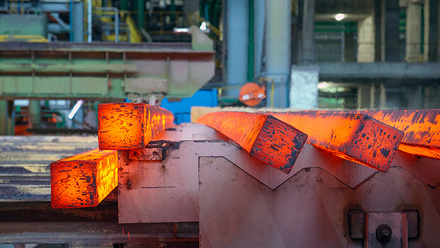Making nylon with bacteria
UK researchers are producing a valuable chemical – adipic acid – using bacteria and plant waste, claiming it could transform the manufacturing of nylon.
Industrial production of adipic acid currently depends on fossil fuels and produces large amounts of nitrous oxide in the process. According to the team from the University of Edinburgh, UK, their approach can produce adipic acid on an industrial scale without emitting greenhouse gases.
‘I am really excited by these results,’ says Jack Suitor, PhD student at the University. ‘It is the first time adipic acid has been made directly from guaiacol, which is one of the largest untapped renewable resources on the planet. This could entirely change how nylon is made.’
To do so, the genetic code of the common bacteria E coli is altered in the lab. The modified cells are then grown in liquid solutions containing the natural-occurring chemical guaiacol – the component giving plants their shape. After 24 hours of incubation, the guaiacol transforms into adipic acid without producing nitrous oxide.
Dr Stephen Wallace, Principle Investigator of the study and UK Research and Innovation Fellow, concludes, ‘If bacteria can be programmed to help make nylon from plant waste – something that cannot be achieved using traditional chemical methods – we must ask ourselves what else they could do, and where the limits lie.
‘We are all familiar with the use of microbes to ferment food and beer – now we can ferment materials and medicines. The possibilities of this approach to create a sustainable future are staggering.’







